Pension tax relief: why the taxman could owe you money
Millions of pounds in pension tax relief is going unclaimed. If you haven't yet completed your tax return ahead of the 31 January deadline, don't forget to claim any tax relief you’re owed.

Sam Walker

Get the latest financial news, insights and expert analysis from our award-winning MoneyWeek team, to help you understand what really matters when it comes to your finances.
You are now subscribed
Your newsletter sign-up was successful
Want to add more newsletters?
Savers have just hours left to claim millions of pounds’ worth of pension tax relief from the government as the self-assessment deadline nears.
People have until 31 January to file their self-assessment returns online and declare any tax they owe for the 2024/25 tax year, but it is also an opportunity to claim any relief they’re due.
UK taxpayers saved £32.3 billion overall in 2024/25 through pension tax relief, according to the latest figures from HMRC. It expects this figure to rise to £33.5 billion in 2025/26.
MoneyWeek
Subscribe to MoneyWeek today and get your first six magazine issues absolutely FREE

Sign up to Money Morning
Don't miss the latest investment and personal finances news, market analysis, plus money-saving tips with our free twice-daily newsletter
Don't miss the latest investment and personal finances news, market analysis, plus money-saving tips with our free twice-daily newsletter
However, hundreds of thousands of higher rate taxpayers could be missing out on an extra £1 billion by not claiming their fair share, according to new Freedom of Information (FOI) figures obtained from HMRC.
The figures, shared with Steve Webb, former pensions minister and now consultant at pensions firm LCP, suggest 807,000 higher rate taxpayers failed to claim an average of £1,756 of pension tax relief through relief at source pension plans in 2023/24.
In addition, a further 19,000 additional rate taxpayers on the same type of pension plan failed to claim relief worth £2,195 on average.
It comes with higher numbers of people being dragged into paying more tax as income tax thresholds are frozen and incomes rise.
According to HMRC figures, there was a 42.6% increase in the number of higher rate taxpayers between 2021 and 2024 due to frozen thresholds.
Webb said: “With more and more people being dragged into higher rates of income tax, it is increasingly important that they claim all the tax relief to which they are entitled.”
You can backdate claims for pension tax relief by up to four years, but, crucially, that means you only have until tomorrow to claim for 2022/23.
What is pension tax relief?
To encourage people to save for retirement, HMRC gives tax relief on pension contributions. This is applied at your marginal rate – 20%, 40% or 45%.
Everyone can get tax relief when they pay into a pension, even children and people who aren’t working. However, there are limits on how much you can receive (imposed via the £60,000 annual allowance).
“It means that a £1,000 pension contribution for a basic-rate taxpayer only costs them £800,” says Helen Morrissey, head of retirement analysis at Hargreaves Lansdown.
“For higher and additional-rate payers, it is even more attractive with the same contribution only costing them £600 and £550 respectively.”
Do I need to claim pension tax relief?
If you are in a “net pay” pension scheme where pension contributions are made before you are taxed, you will automatically receive any tax relief you are owed without having to claim it.
However, if you are in a “relief at source” pension scheme (where contributions are made after tax is deducted), you may need to take action.
Although your pension provider will automatically claim tax relief on your behalf if you are in a “relief at source” scheme, they do this at the basic-rate level. This means you will only receive 20%, despite the fact that higher and additional-rate taxpayers are entitled to 40% and 45%, respectively.
If you are eligible for higher or additional-rate pension tax relief and haven’t claimed it yet, you can do so by filing a self-assessment tax return before the deadline on 31 January.
How to claim pension tax relief
If you are a higher or additional-rate taxpayer, the first thing you should do is check what kind of pension scheme you are paying into.
If your pension contributions are being paid into a net pay scheme, you don’t need to take any action. If you are paying into a “relief at source” scheme, you should file a tax return.
SIPPs and personal pensions generally fall into the “relief at source” category, as well as some workplace pension schemes. If you are unsure, check with your pension provider or employer.
“Many people assume the process of claiming higher or additional-rate pension tax relief is complicated, but in fact, it’s pretty straightforward,” says Rob Morgan, chief analyst at wealth management firm Charles Stanley.
He adds: “You can claim the tax relief on your self-assessment tax return by stating the gross amount of your total pension contributions for the tax year, including the 20% basic-rate relief already added.
“If you use the online service, HMRC calculates how much tax you have overpaid and then offsets any additional tax you owe against it.
“At the end of the process your net tax position for the year is adjusted. If you have overpaid, the balance can be refunded to your bank account as a tax rebate, or you can choose to pay less tax each month in the next financial year through a new tax code.”
You should consider paying the rebate into your pension (rather than keeping it in your bank account) to boost your retirement fund.
Backdated claims for pension tax relief
If you are panicking that you have never benefited from this extra tax relief on pension contributions, the good news is you can claim it for previous years. You can claim relief dating back four years, either through amending a previous tax return or contacting HMRC directly.
PensionBee has created a Pension Tax Relief Calculator to show savers how much tax relief could be added to their pension pot. If they’re not already receiving the full amount from their pension provider, it shows the portion they could claim back from the government.
How those in the £100k tax trap can get 60% pension tax relief
People with incomes over £100,000 can claim 60% pension tax relief on the amount up to £125,140, due to the fact the personal allowance is reduced by £1 for every £2 earned above £100,000.
Claiming pension tax relief on earnings in between this bracket, where people are hit by the “60% tax trap”, can also reduce someone’s income to below £100,000, making them eligible for free childcare hours or tax-free childcare.
Research by wealth management group Rathbones suggests tax relief claimed at 60% and then invested back into your pension can significantly boost your retirement pot.
It found someone making a £10,000 contribution to their pension, taken from earnings between £100,000 and £125,140, would get £5,000 in pension tax relief in one tax year.
Get the latest financial news, insights and expert analysis from our award-winning MoneyWeek team, to help you understand what really matters when it comes to your finances.
Laura Miller is an experienced financial and business journalist. Formerly on staff at the Daily Telegraph, her freelance work now appears in the money pages of all the national newspapers. She endeavours to make money issues easy to understand for everyone, and to do justice to the people who regularly trust her to tell their stories. She lives by the sea in Aberystwyth. You can find her tweeting @thatlaurawrites
- Sam WalkerWriter
-
 What the government’s baby boomer retirement data says about the future of pensions
What the government’s baby boomer retirement data says about the future of pensionsA study of the retirement routes of people born in 1958 paints a worrying picture for people’s pension savings
-
 An experienced investor’s end of tax year checklist
An experienced investor’s end of tax year checklistThe clock is ticking down before the end of the 2025/26 tax year, when any tax-free savings and investment allowances are lost. For experienced investors, though, the deadline for some tax-saving schemes is even earlier.
-
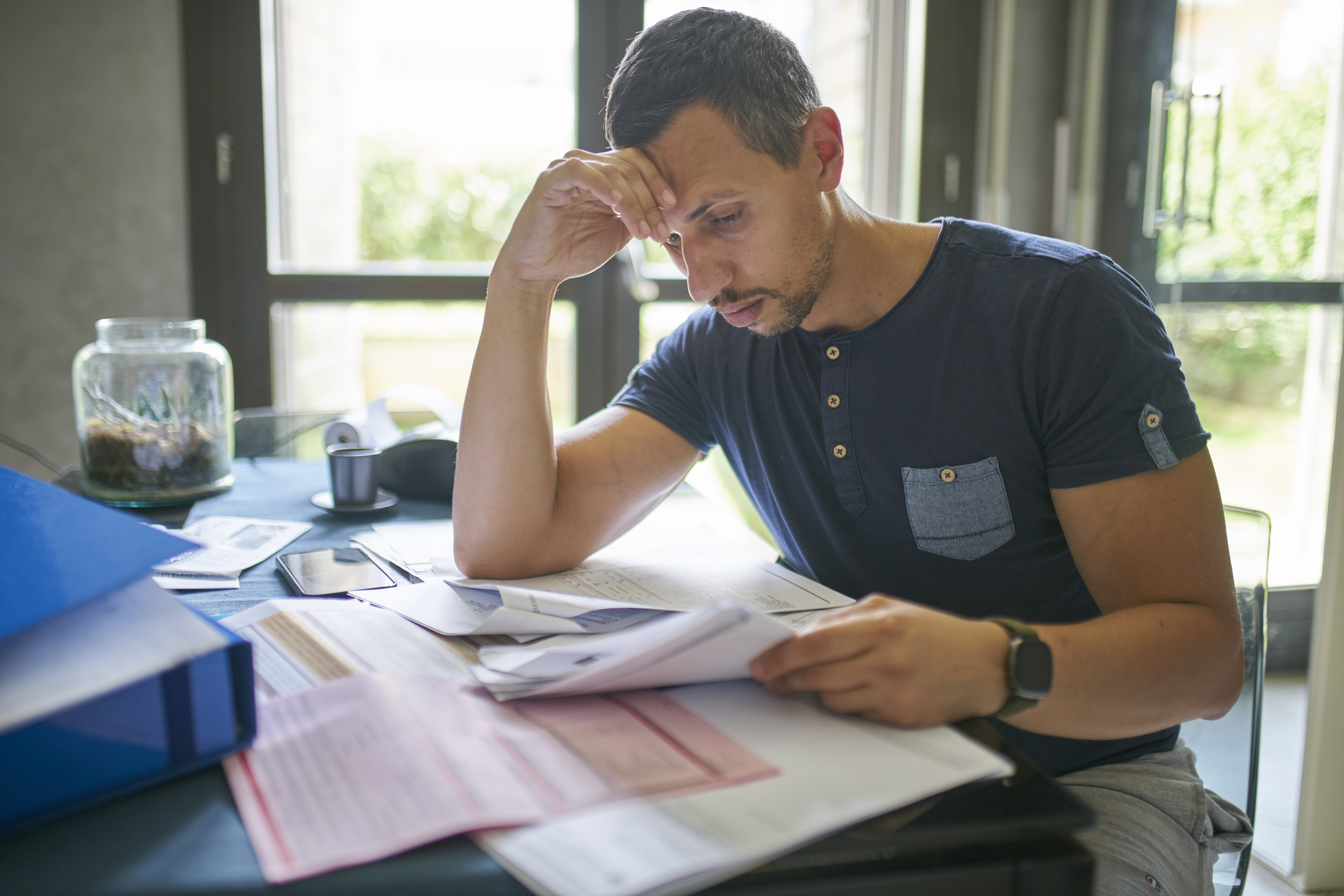 Two million taxpayers to be hit by £100k tax trap by 2026/27
Two million taxpayers to be hit by £100k tax trap by 2026/27Frozen thresholds mean more people than ever are set to pay an effective income tax rate of 60% as their earnings increase beyond £100,000. We look at why, as well as how you can avoid being caught in the trap.
-
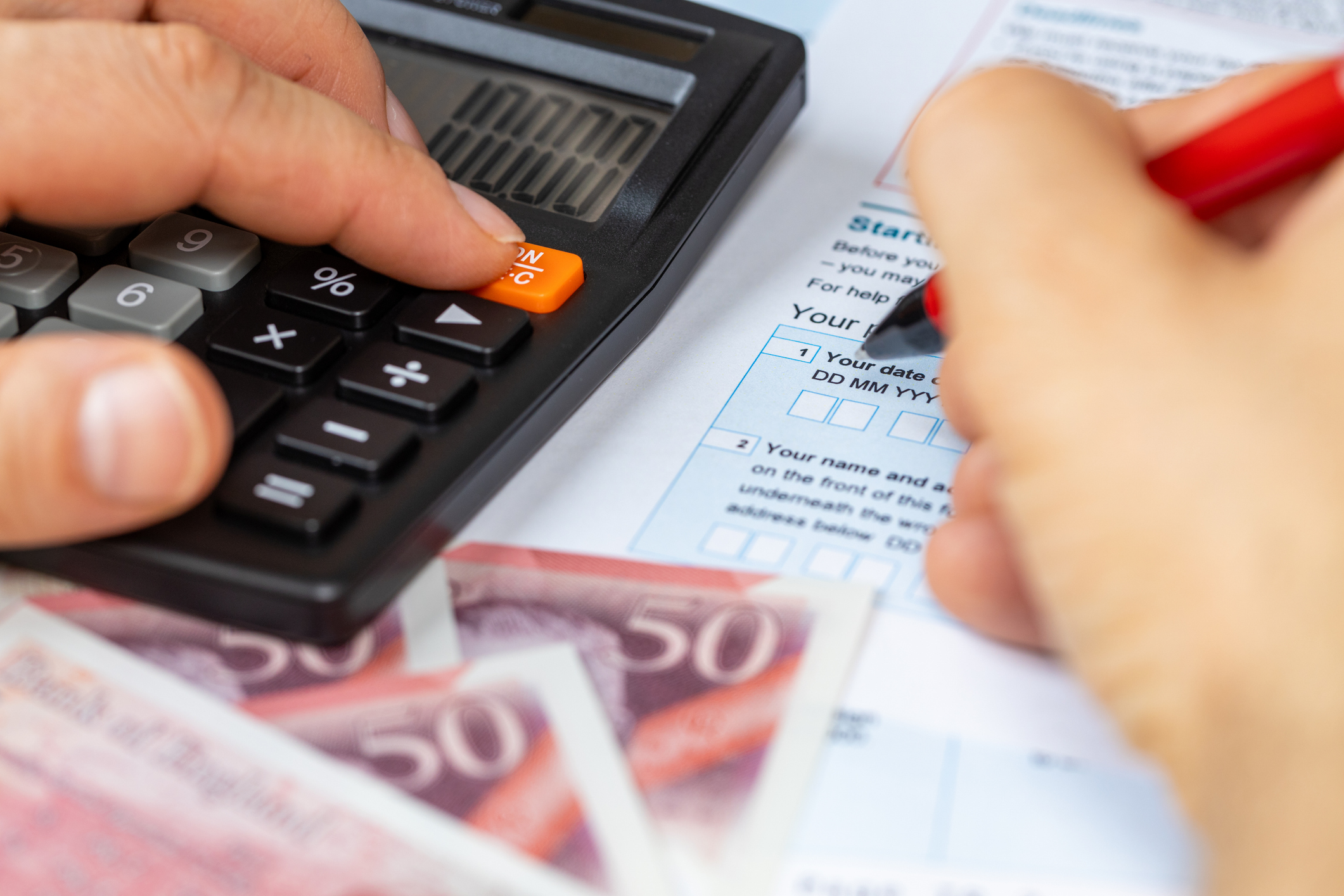 13 tax changes in 2026 – which taxes are going up?
13 tax changes in 2026 – which taxes are going up?As 2026 gets underway, we look at what lies ahead in terms of changes to tax rates and allowances this year and how it will affect you.
-
 How to limit how much of your Christmas bonus goes to the taxman
How to limit how much of your Christmas bonus goes to the taxmanIt's Christmas bonus season but the boosted pay packet may mean much of your hard-earned reward ends up with HMRC instead of in your pocket
-
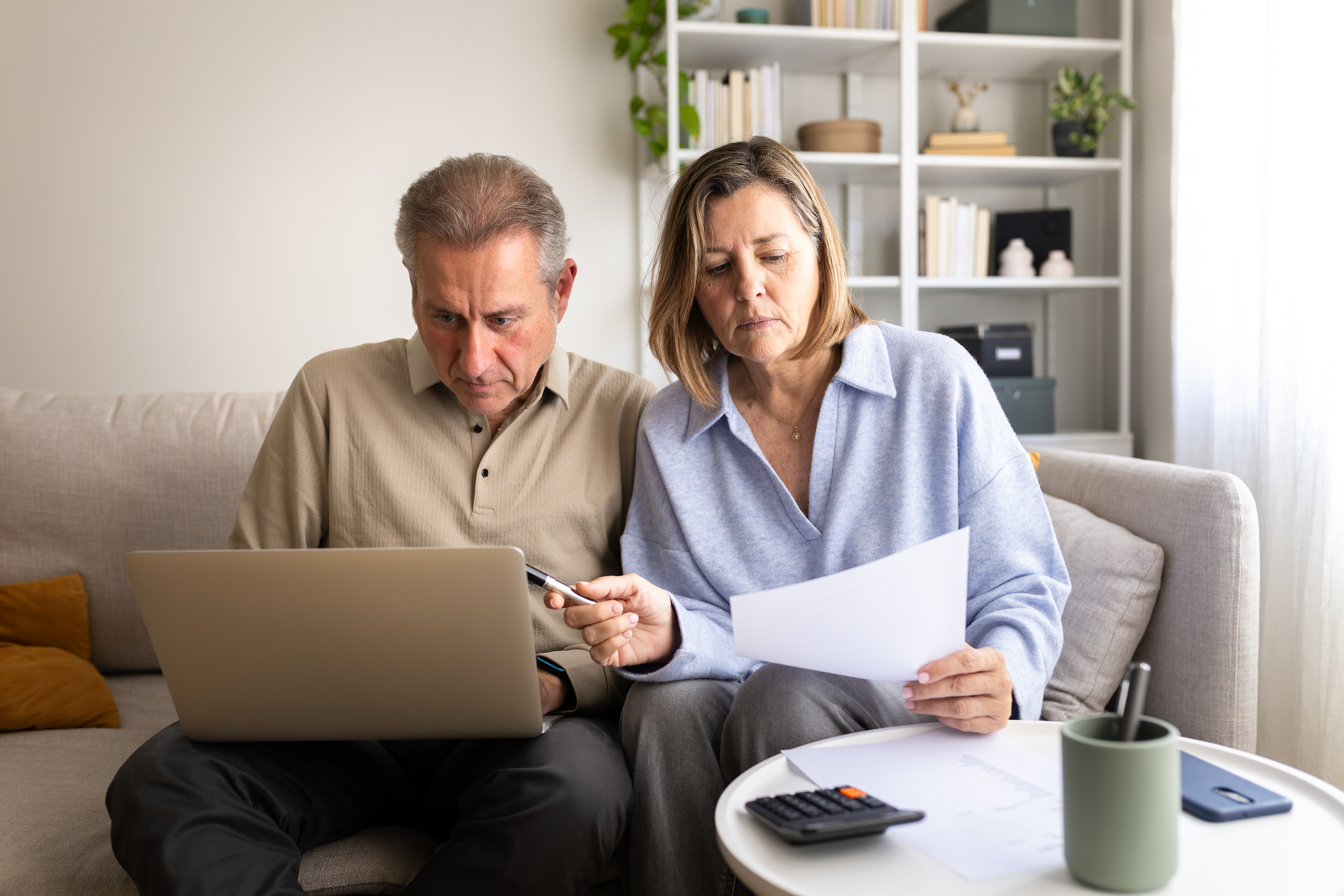 Over 1 million pay 45% rate of income tax as fiscal drag bites
Over 1 million pay 45% rate of income tax as fiscal drag bitesHundreds of thousands more people are being pushed into the additional rate tax band by fiscal drag
-
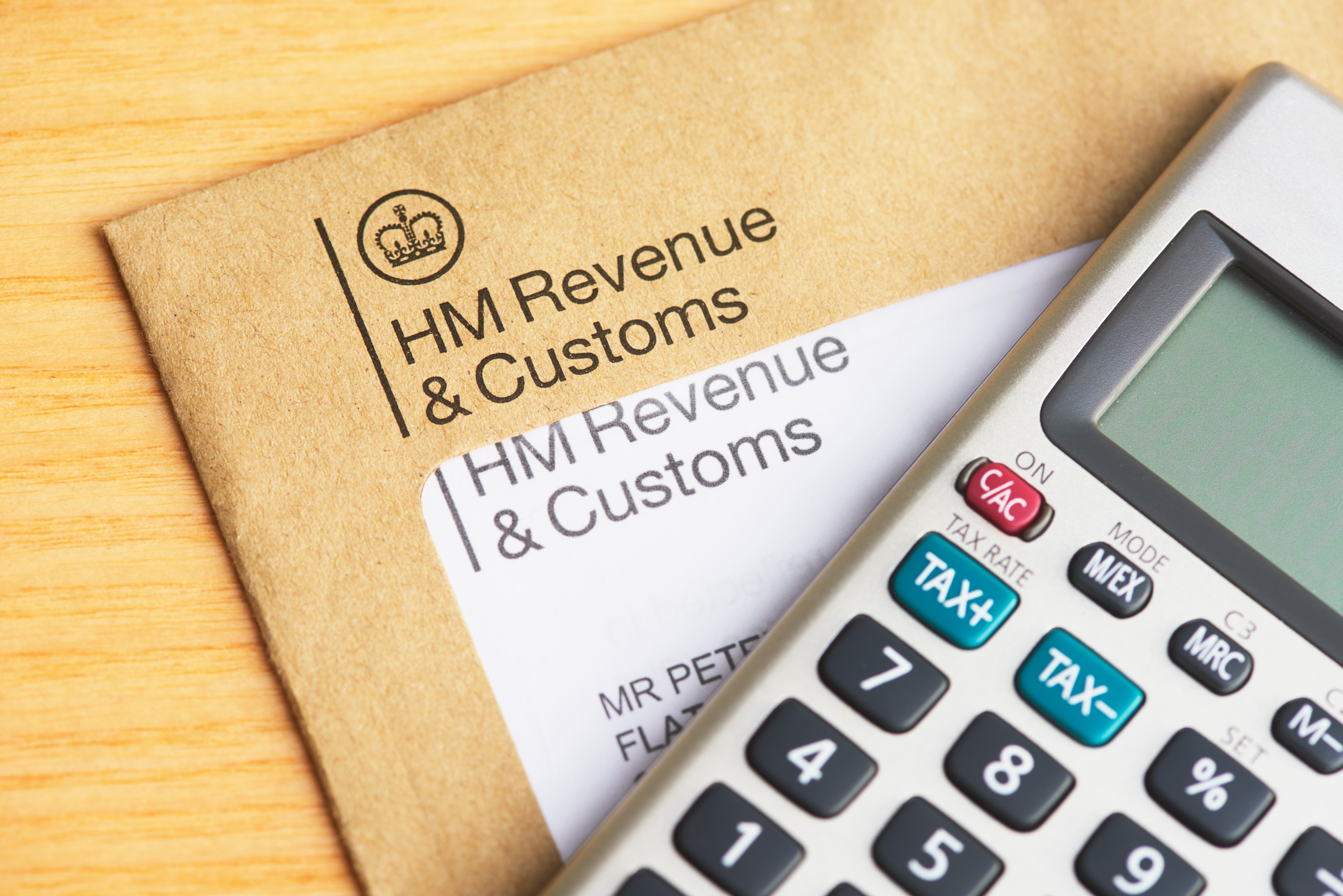 'I've used my annual ISA allowance. How can I shield my savings from tax?'
'I've used my annual ISA allowance. How can I shield my savings from tax?'As millions face paying tax on savings interest, we explore how to protect your money from the taxman. If you've used up your ISA allowance, we look at the other tax-efficient options.
-
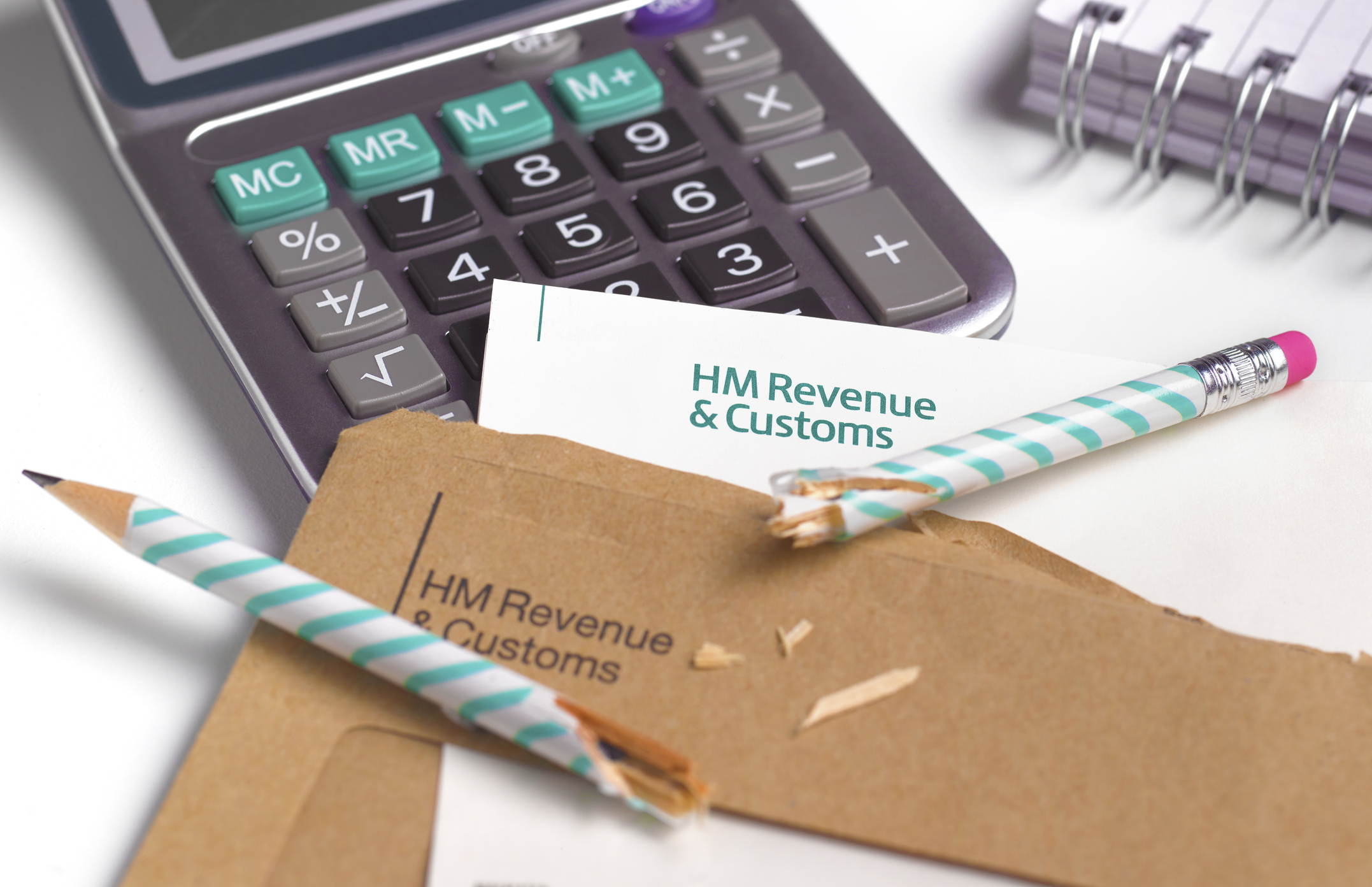 Simple assessment explained as millions brace for unexpected tax bills
Simple assessment explained as millions brace for unexpected tax billsIncreasing numbers of people could get letters from HMRC saying they owe more tax due to frozen thresholds, under a system known as simple assessment. Here is what it means for you.
-
 What are wealth taxes and would they work in Britain?
What are wealth taxes and would they work in Britain?The Treasury is short of cash and mulling over how it can get its hands on more money to plug the gap. Could wealth taxes do the trick?
-
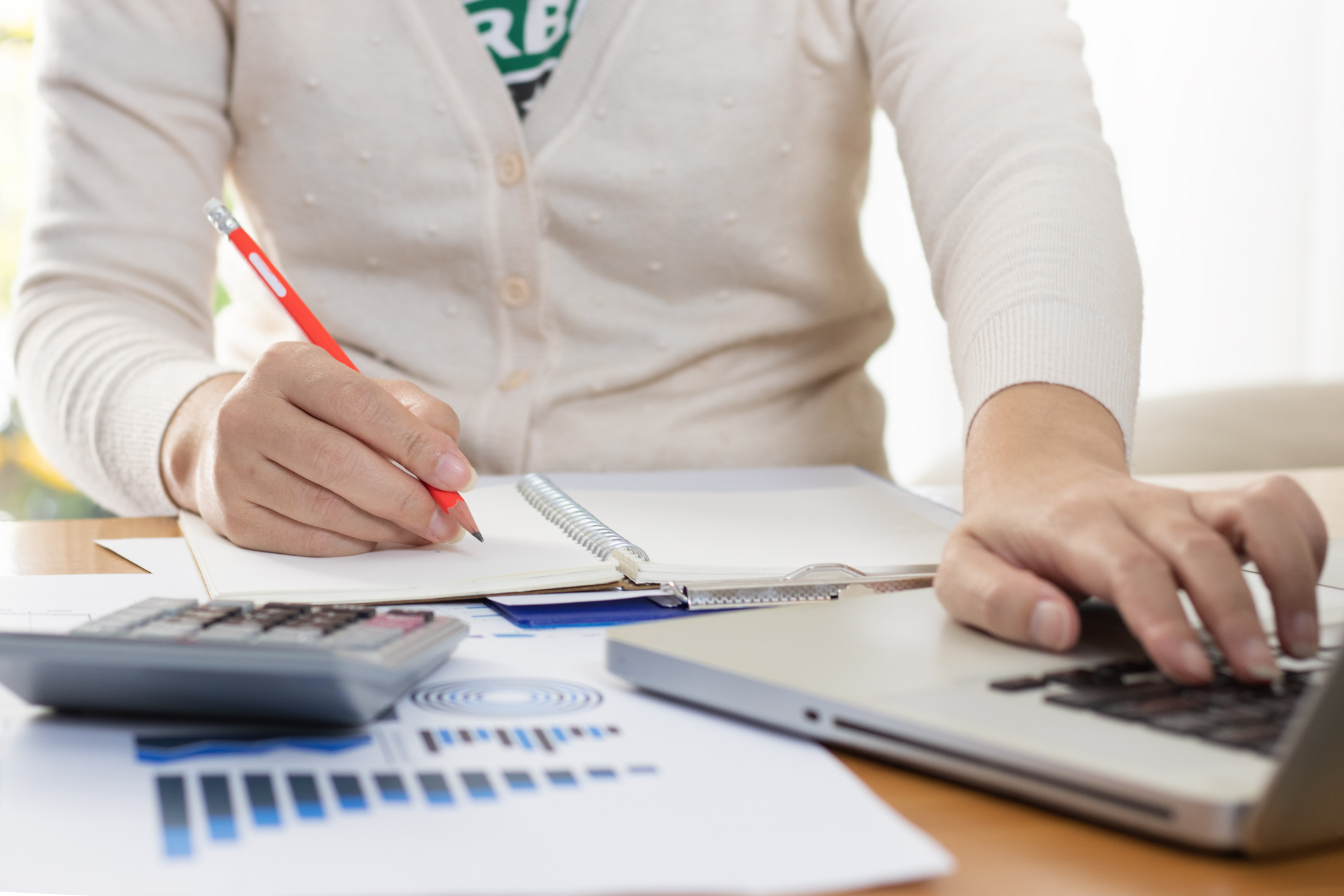 When is the self-assessment tax return deadline?
When is the self-assessment tax return deadline?If you are self-employed, rent out a property or earn income from savings or investments, you may need to complete a self-assessment tax return. We run through the deadlines you need to know about
